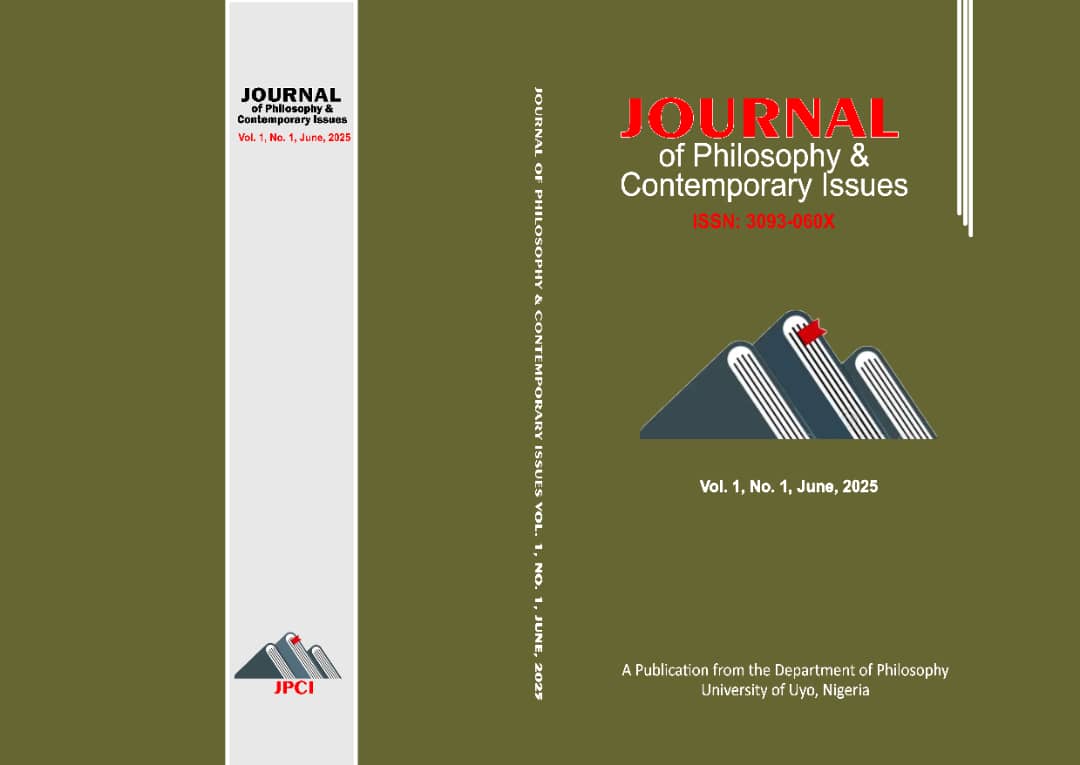LIBERAL AND VOCATIONAL EDUCATION: A DEWEYAN APPROACH TO EDUCATIONAL REFORM
Chioma Winifred Ezeanya 1
Gabriel Chukwuebuka Otegbulu 2
Chinenye Christianah Ani 3
Department of Philosophy, University of Nigeria, Nsukka 1, 2 & 3
Corresponding Email: winifred.ezeanya@unn.edu.ng 1
Abstract
This study is motivated by the persistent dominance of theoretical knowledge over praxis in Nigeria’s education system which underscores John Dewey’s philosophy of education. This is with particular reference to his integration of liberal and vocational education in his book, Democracy and Education, as an approach to educational reform. Dewey’s philosophy advocates for a dynamic and experiential learning process that fosters critical thinking, adaptability, and democratic engagement, merging liberal education’s emphasis on intellectual growth with vocational education’s focus on practical skills. The aim of this study is to describe how to bridge this dominance by applying Dewey’s integration mechanism to enhance educational productivity and reform in Nigeria and globally. In the course of this study, the following methods will be used. The historical method to review the related literature, analytical method to analyse Dewey’s idea on education, descriptive method to describe Dewey’s integration of liberal and vocational education and demonstrate its relevance for Nigeria’s educational system as well as evaluation to examine the strengths and weaknesses of the application. The findings of this work is that Dewey’s approach promotes a balanced education system that equips individuals with both intellectual and practical skills, enabling them to thrive in complex modern societies. Also, as long as social institutions uphold competence in relation to administration, Dewey’s integrative model will sustain relevance beyond 21st century no matter the direction of the movement of the global community.
Keywords: Philosophy, John Dewey, Educational Reform, Liberal Education, Vocational Education.


